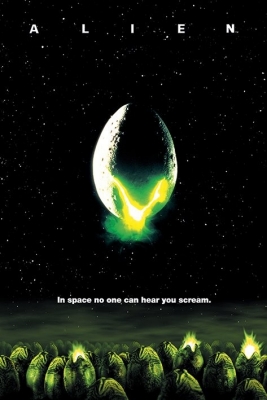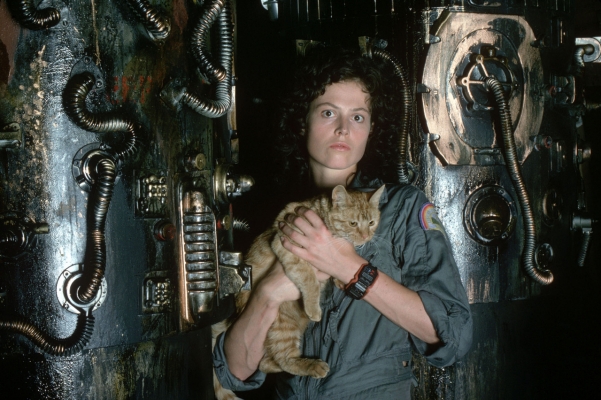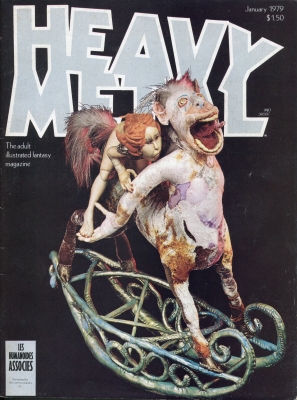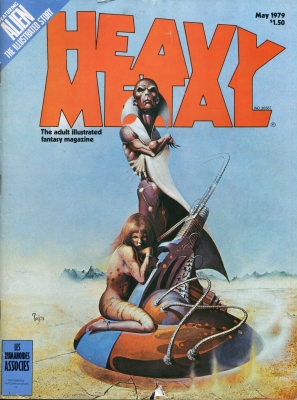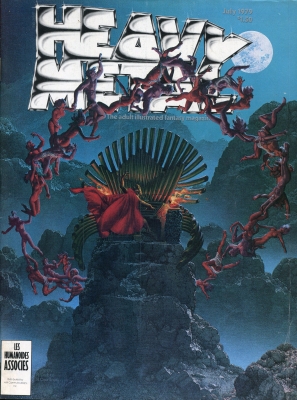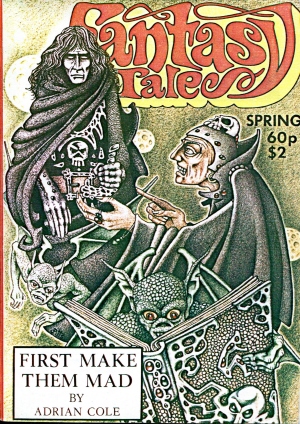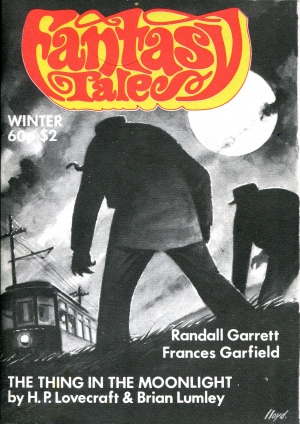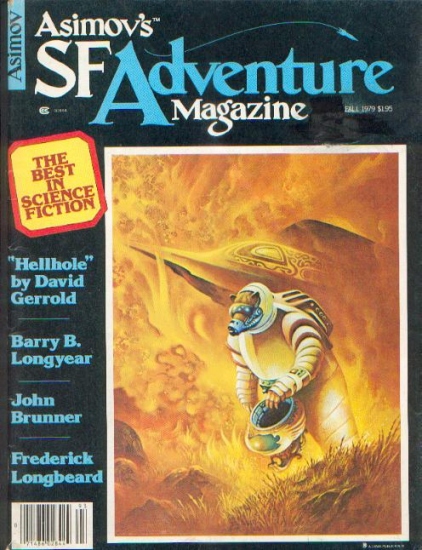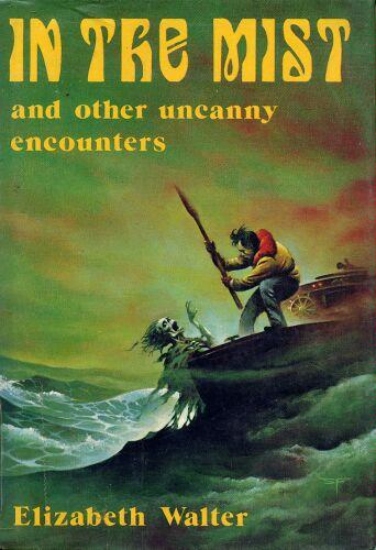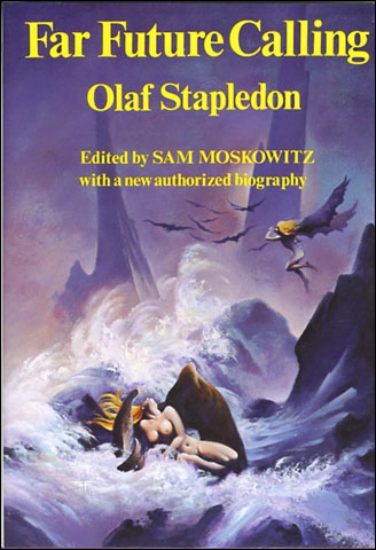The Golden Age of Science Fiction: “The Button Molder,” by Fritz Leiber
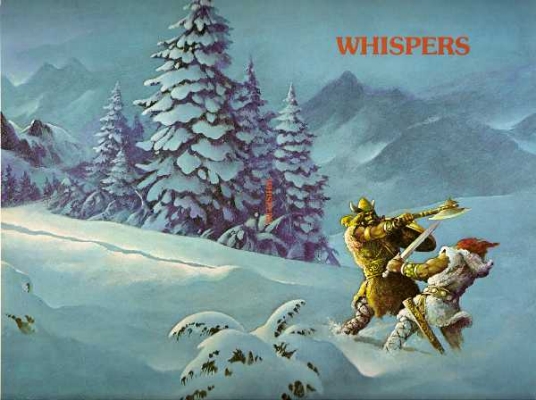
In 1972, the British Fantasy Society began giving out the August Derleth Fantasy Awards for best novel as voted on by their members. A Short Fiction/Short Story category was added the next year, with the first one being won in 1973 by L. Sprague de Camp for his novella The Fallible Fiend. In 1976. The name of the awards was changed to the British Fantasy Award, although the August Derleth Award was still the name for the Best Novel Award. The category has remained part of the awards to the present day, although a re-alignment in 2012 means the awards are now selected by a jury rather than the full membership of the British Fantasy Society. In 1980, Fritz Leiber won the award for his story “The Button Molder,” which was presented at Fantasycon VI in Birmingham.
Leiber opens the story by teasing about how much can happen within a ten second period of time and the appearance of a ghost. His character then goes on a lengthy discussion about his living situation in San Francisco as he finds a new apartment and sets himself up as an author and amateur astronomer, working from his building’s roof. With long ruminations on what it means to be an author and techniques of story-telling, the story feels very autobiographical in nature and it is only the occasional hints back to those important ten seconds that remind the reader this is a story and not an essay about Leiber’s life.
